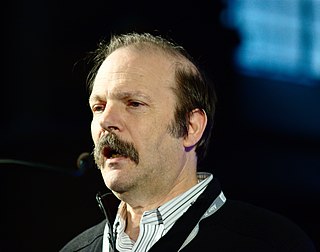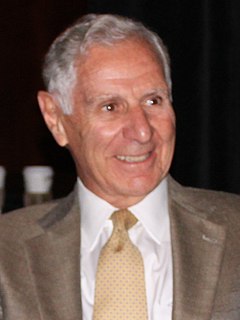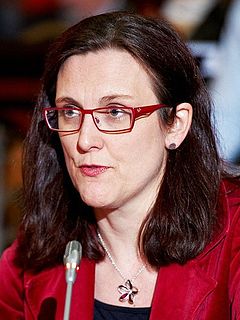A Quote by Mark Goulston
You can't create more jobs for an economy where the vast majority of people are hesitant and even afraid to spend and buy.
Related Quotes
Cities are responsible for the vast majority of the creation of the economy. They're also places into which we pour the vast majority of resources, the vast majority of energy and the places where a huge percentage of the decisions about how systems are built and how products designed, etc., happen.
What do the 5%, or the 1% actually use their money for? They lend it back to the economy at large, they load it down with debt. They make their money by lending to the bottom 95%, or the bottom 99%. When you give them more after-tax income, it enables them to buy even more control of government, even more control of election campaigns. They're not going to spend this money back into the goods-and-services economy.
For no matter what we achieve, if we don't spend the vast majority of our time with people we love and respect, we cannot possibly have a great life. But if we spend the vast majority of our time with people we love and respect - people we really enjoy being on the bus with and who will never disappoint us - then we will almost certainly have a great life, no matter where the bus goes. The people we interviewed from the good-to-great companies clearly loved what they did, largely because they loved who they did it with.
Every dollar of SNAP benefits generates $1.84 in the economy in terms of economic activity. If people are able to buy a little more in the grocery store, someone has to stock it, package it, shelve it, process it, ship it. All of those are jobs. It's the most direct stimulus you can get in the economy during these tough times.
In a changing world, some jobs disappear and new ones are created. That's how it has been for hundreds of years. When jobs disappear, the vast majority is not because of global trade, but because of technical advances, robotization and so on. So, we - and in particular, EU member states - have to invest more in training and education so that people will have new opportunities if their jobs are cut. The EU can also better utilize its investment and social funds to protect its citizens from swift changes.
One of my quests from the beginning has been to inform people, educate people, sort of train people, if you will, to spot liberalism. The belief that liberalism is the source of the vast majority of our problems, clearly not all, but the vast majority, liberals and liberalism, and the more people trained to spot it, I think, have always believed that it would go a long way to go in defeating it. I think it does need to be defeated.






































